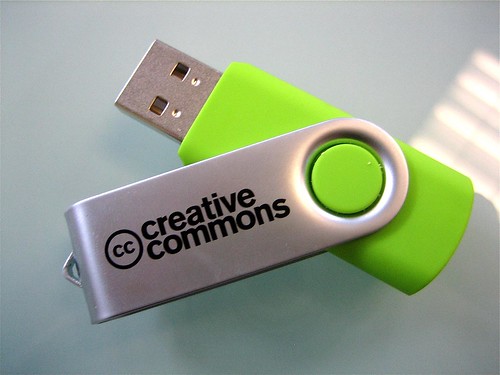
Ambassador Hatano and me
Just finished a trip to Abu Dhabi and Dubai to attend and speak at the Electronic Media conference organized by the Higher Colleges of Technology. (Conference program) The request came through Ambassador Hatano and the Japanese Embassy. Thanks for the referral Ambassador!
The host was Sheikh Nahayan, a very popular Sheikh who is the Chancellor of the Higher Colleges of Technology and the Minister of Higher Education and Scientific Research. They call him the "People's Sheikh" because he has an open door policy where anyone can visit him at his residence without an appointment and meet with him if they're willing to wait. This system reminds me a bit of Edward Hall's P-Time.
The conference was a lot of fun. All of the speakers were really great.
The general themes of the meeting were how the Net was affecting publishing and journalism. We also discussed Arab media and media in the UAE.
While we had some different perspectives of the role of amateurs in journalism, there was much more agreement considering the diversity of positions represented. We had wide spectrum of traditional journalists and publishers. The discussion was more constructive than any I've had recently with such a diverse group and we really focused on the mechanics and metrics of various business models for the future of journalism. One great example was Vidar Meisingseth's presentation about VG News Portal, a Norwegian news site that gets a huge percentage of its revenue from online and a substantial amount of news from amateur photographers and "tips" that come in via SMS, phone and email.
Alexandra Pringle, the Editor in Chief of Bloomsbury talked about the book publishing business and mentioned Bloomsbury Academic that Frances Pinter is running which will have Creative Commons licensed books available for download with print on demand for those who want to buy a printed version. They will be publishing Lessig's Remix in May.
We discussed the topic of censorship although it wasn't on the program. Many of the visiting speakers talked about the importance of freedom of speech. There was a very interesting comment from a student in the audience who said she had discussed this with her other friends there and represented their view. She said that often foreigners come to the UAE and criticize online censorship, but that she thought it was fine. She said that most of the citizens respected the rulers and that blocking certain sites was not necessarily a bad thing. Citizens of Abu Dhabi represent only 20% of the population or so. It would be interesting to find out what the rest of the population thinks.
According to the Access Denied report on the UAE: "The government of the United Arab Emirates (UAE) pervasively filters Web sites that contain pornography or relate to alcohol and drug use, gay and lesbian issues, or online dating or gambling. Web-based applications and religious and political sites are also filtered, though less extensively. Additionally, legal controls limit free expression and behavior, restricting political discourse and dissent online." If you look at the chart on the page, it looks like the social stuff is the focus of the censorship however.
One thing that I've found in my limited travels in Jordan and the UAE is that there is quite a diversity of positions among the young people with respect to social and religious practices. Samr Husain Al Marzouqi explained how he worked very hard at MTV to make it cool but still respectful of the various positions including those kids who adhere to somewhat conservative beliefs.
I talked about a number of topics including amateur vs professional, Creative Commons, blogs, micro-blogging, mobile and the need to allow people to use video remix as a form of political expression. I talked a bit about the success that the Communist Party of Japan have been having using Nico Nico Douga. (Takeshi Natsuno talked about this at the DG New Context Conference. There is a good article by Chris Salzberg on Global Voices about this as well.)
Some photos from the trip are on Flickr.
![Joi Ito [logo]](/_site/img/joi-ito-logo-300.png)














